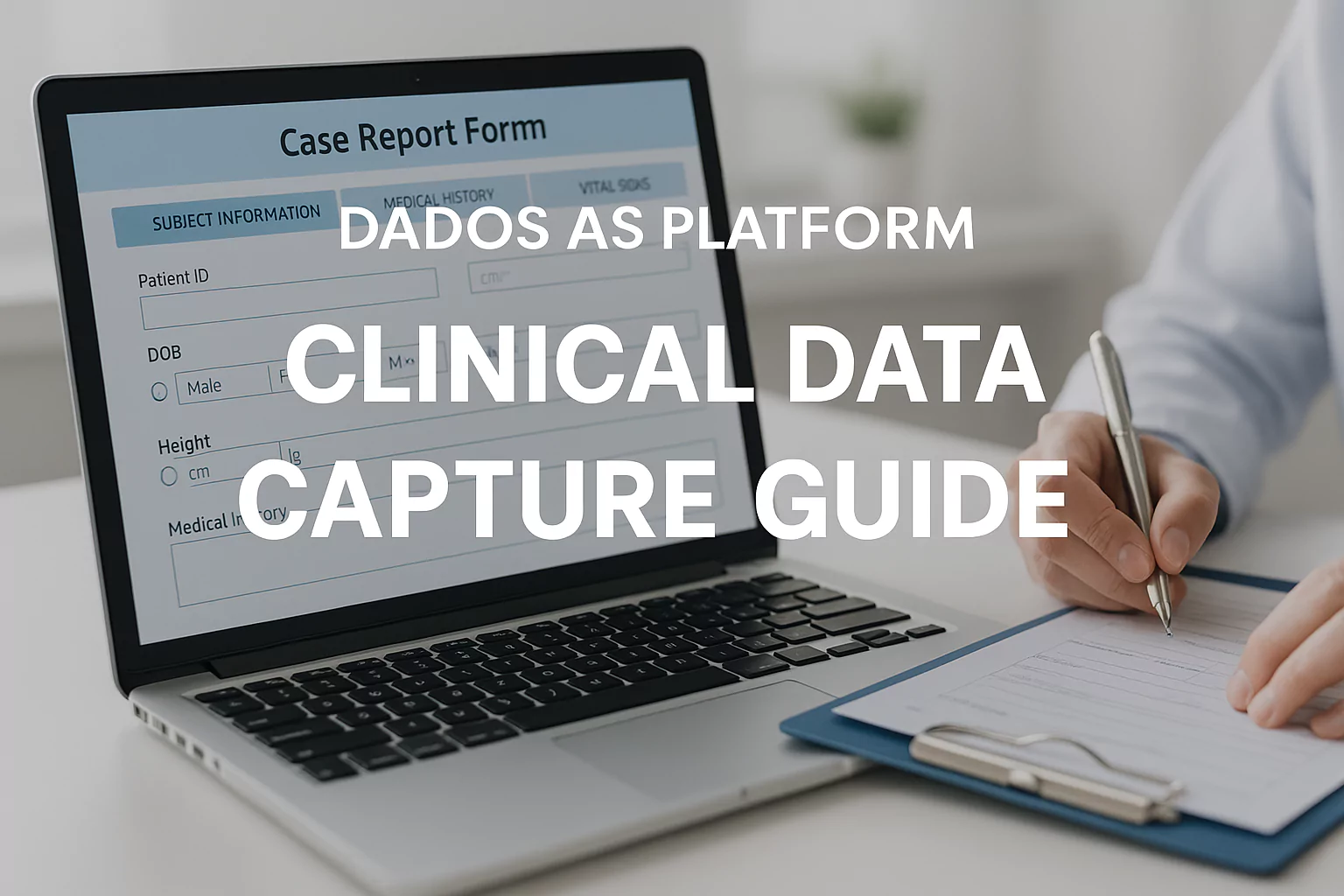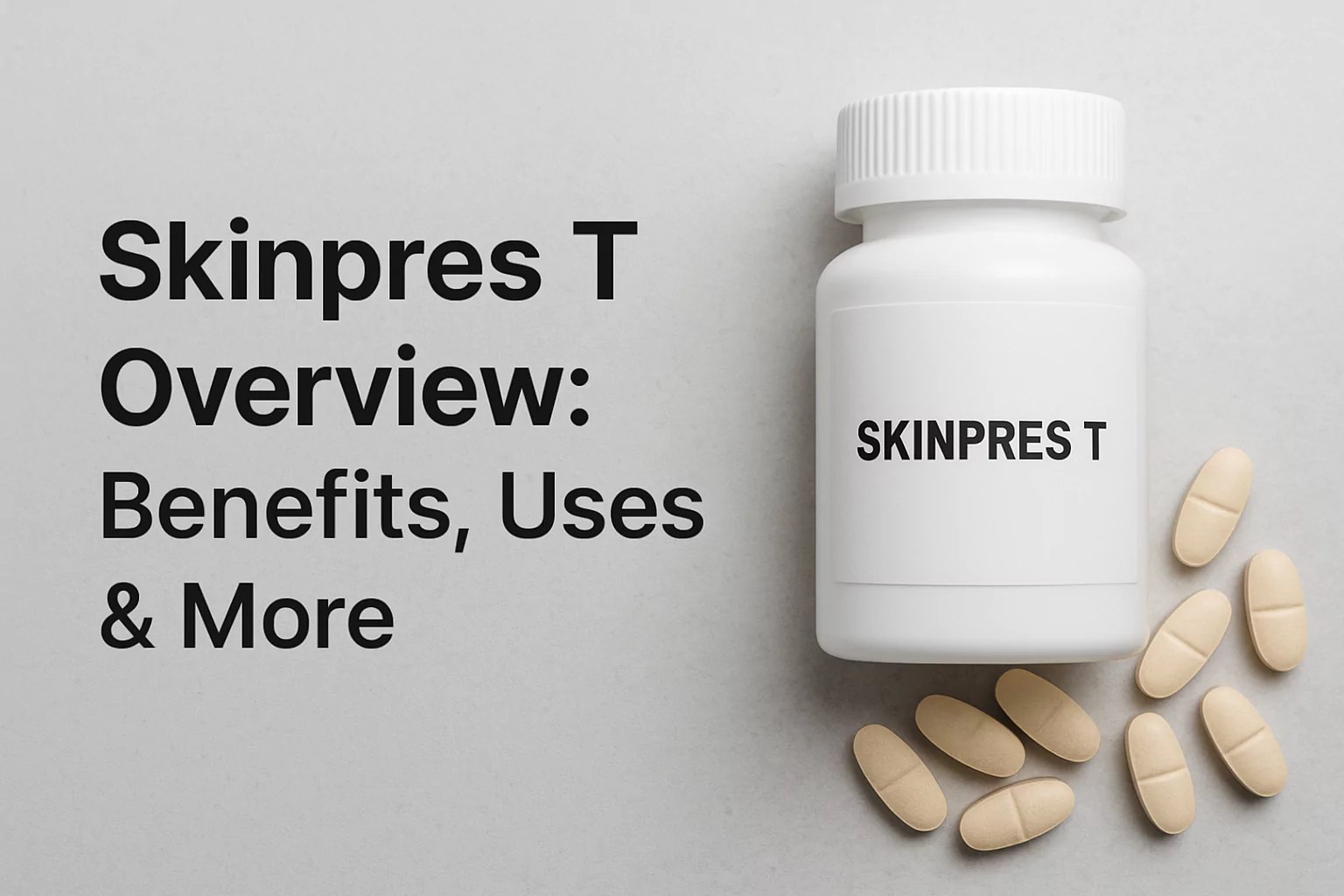LORPHENADINE: Your Go-To Antihistamine for Allergy Relief

Is Lorphenadine truly the ultimate answer for allergy relief? Let’s delve into the science behind this medication and explore its effectiveness.
Exploring Lorphenadine
It is a second-generation antihistamine medication commonly used to treat allergy symptoms like sneezing, itchy eyes, runny nose, and hives.
- Chemical Structure and Properties: Unlike some older antihistamines, Lorphenadine is a non-polar molecule, allowing it to pass through the blood-brain barrier less readily. This reduces the likelihood of drowsiness, a common side effect of older medications.
- Uses and Applications: It primarily targets allergic rhinitis (hay fever) and allergic conjunctivitis (itchy eyes). It can also be used for skin reactions like hives caused by allergies.
- Mechanism of Action: When your body encounters an allergen, it releases histamine, a chemical that triggers allergy symptoms. Lorphenadine works by blocking histamine receptors, preventing them from binding to histamine and causing a reaction.
- Side Effects and Warnings: While generally well-tolerated, Lorphenadine can cause mild side effects like headache, fatigue, and stomach upset. It’s not recommended for pregnant or breastfeeding women or people with certain medical conditions.
Advantages
Several factors make it a compelling choice for allergy relief.
- Broad-Spectrum Symptom Relief: Unlike some medications that target specific symptoms, Lorphenadine addresses a wider range of allergy-related issues.
- Fast-Acting Benefits: it starts working within an hour, providing quick relief from allergy symptoms.
- Non-Drowsy Formula: Unlike some older antihistamines, Lorphenadine is less likely to cause drowsiness, allowing you to stay alert and focused throughout the day.
Guidelines for Using Lorphenadine
For optimal results and safety, it’s crucial to use Lorphenadine responsibly.
- Consult Your Healthcare Provider: Before starting Lorphenadine, discuss it with your doctor, especially if you have any existing medical conditions or are taking other medications.
- Dosage and Administration: It comes in various forms like tablets, chewable tablets, and disintegrating tablets. The appropriate dosage depends on your age and the severity of your allergies. Follow your doctor’s instructions carefully.
- Precautions and Interactions: Lorphenadine may interact with certain medications. Inform your doctor about all medications you take, including prescription and over-the-counter drugs and supplements.
Trust Lorphenadine for Effective Allergy Relief?
While it offers numerous advantages, a comprehensive analysis is necessary.
- Comparative Analysis: Compared to other antihistamines, Lorphenadine boasts a longer-lasting effect and a lower risk of drowsiness. However, some newer medications may have an even faster onset of action.
- Clinical Trials and Research: Extensive clinical trials have demonstrated the efficacy and safety of Lorphenadine for allergy relief.
- Expert Opinions: Many healthcare professionals recommend it as a first-line treatment for allergies due to its effectiveness and minimal side effects.
- Patient Guidance: Patient reviews generally reflect positive experiences with Lorphenadine, highlighting its effectiveness and tolerability.
- Legal and Regulatory Status: Lorphenadine is approved by the FDA (Food and Drug Administration) for allergy relief.
- Cost and Accessibility: Lorphenadine is readily available over-the-counter, making it an affordable option for allergy sufferers.
Conclusion
Lorphenadine isn’t necessarily the ultimate antihistamine for everyone. However, its broad-spectrum relief, fast-acting properties, and non-drowsy formula make it a compelling choice for many allergy sufferers. Consulting your doctor and considering all available options will help you determine if Lorphenadine is the right fit for your allergy relief needs.









